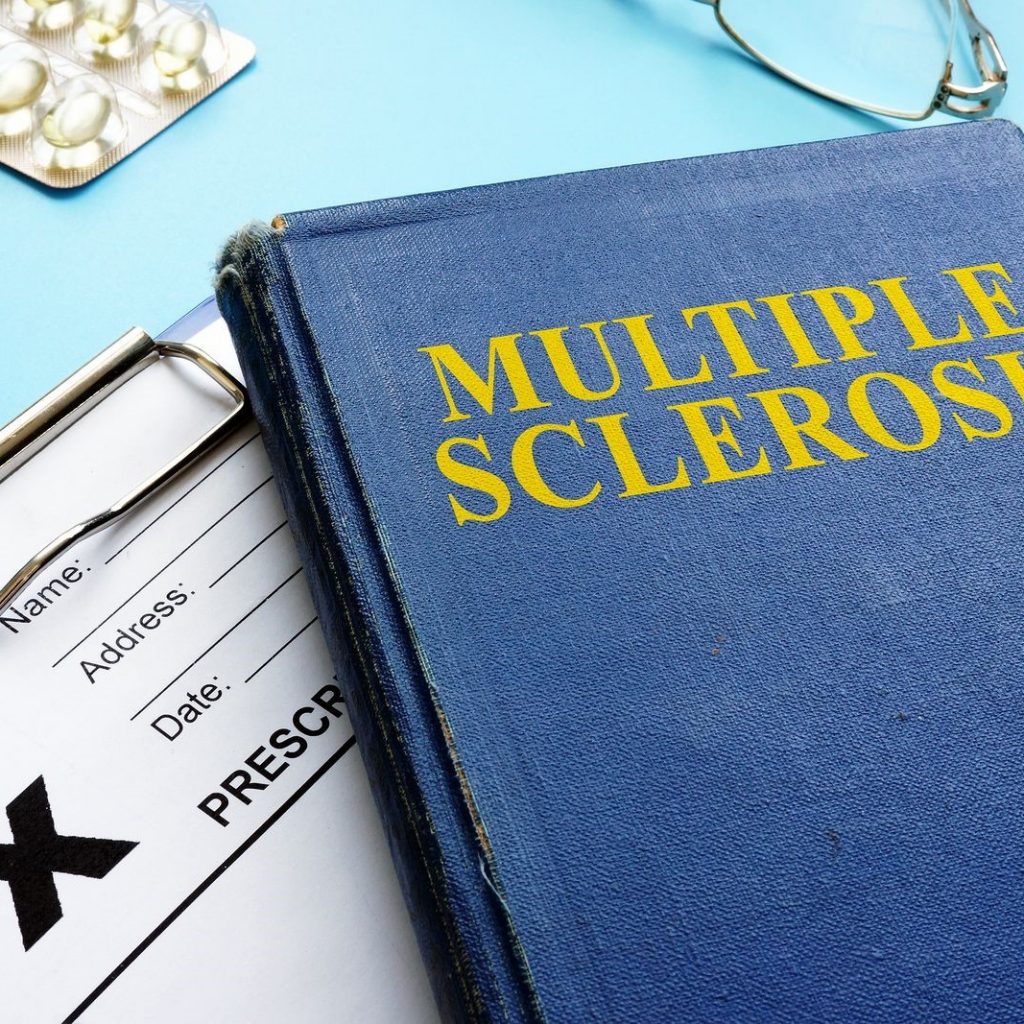Your Dulles Neurology Specialist Disproves Common Misconceptions about Multiple Sclerosis
Surveys show that nearly one million people have Multiple Sclerosis (MS) in the US today. While it is not as prevalent as the more well-known conditions like Alzheimer’s Disease, MS should not be taken lightly. Multiple Sclerosis comes with its own devastating effects, which are often blown out of proportion by myths. Our resident Dulles neurology specialist, Dr. Sarbjot Dulai, debunks some of the most common misconceptions surrounding this neurologic disorder.
5 Most Common Myths about Multiple Sclerosis
Whether you are taking care of someone with Multiple Sclerosis or dealing with it yourself, it is imperative that you understand the condition inside out. Establish its medication options and learn how to identify its types and recognize its symptoms. Knowing these will help you keep track of the disorder better. Make sure these misconceptions do not impair your knowledge about MS:
• MYTH #1: MS is a terminal disease.
• REALITY: MS is a chronic condition.
Multiple Sclerosis is not a terminal disease. Similar to arthritis and diabetes, it is a disorder that demands lifelong management. Prompt diagnosis is crucial. Your trusted neurologist in Leesburg, VA recommends getting checked at the first sign of the disease.
• MYTH #2: MS patients should not have children.
• REALITY: MS patients can have children.
Multiple Sclerosis is not a contraindication to pregnancy. The condition does not get worse after pregnancy and childbirth. People with MS can have happy, healthy, and well-adjusted children successfully. The only downside is that a child with a parent with MS has a higher chance of developing the condition compared with other children. Even then, however, the risk is extremely insignificant.
• MYTH #3: There is no treatment for MS.
• REALITY: There are treatment options against MS.
While Multiple Sclerosis currently has no definite cure, there are various medication, treatment, and exacerbation options to combat its symptoms and effects. Set an appointment with a neurologist in Leesburg to learn more about comprehensive MS options.
• MYTH #4: Only older people are susceptible to MS.
• REALITY: Children and young adults are also susceptible to MS.
Research shows that Multiple Sclerosis is most common in young adults (ages 20-50). The neurologic condition also affects children and teenagers. In fact, a survey showed that around 10,000 children in America are suffering from the disorder.
• MYTH #5: All MS patients need a wheelchair.
• REALITY: Not all MS patients need a wheelchair.
About 7 out of 10 patients with Multiple Sclerosis suffer only from mild-to-moderate disability. Most of them stay ambulatory. Studies show that only ten percent of MS patients start using wheelchairs within 15 years of the condition’s onset.
Get a More In-Depth Take of Multiple Sclerosis
Do not let baseless myths cloud your perception of Multiple Sclerosis. Consult with Dr. Sarbjot Dulai, our Dulles neurology expert, to learn more about this potentially disabling disease. He can:
• Diagnose the condition by studying the patient’s medical history, requesting the necessary tests, and conducting a thorough neurologic examination
• Provide expert assistance by determining the best medication for the patient and developing a personalized treatment plan to manage the disease’s symptoms and effects
• Offer professional advice on how to deal with the disease, help someone suffering from the condition, and more
Ready to visit our clinic? For a more timely sign-in process at Neurology Associates, print out and complete the relevant patient forms in advance. Call (703) 726-6393 now to book your appointment!














